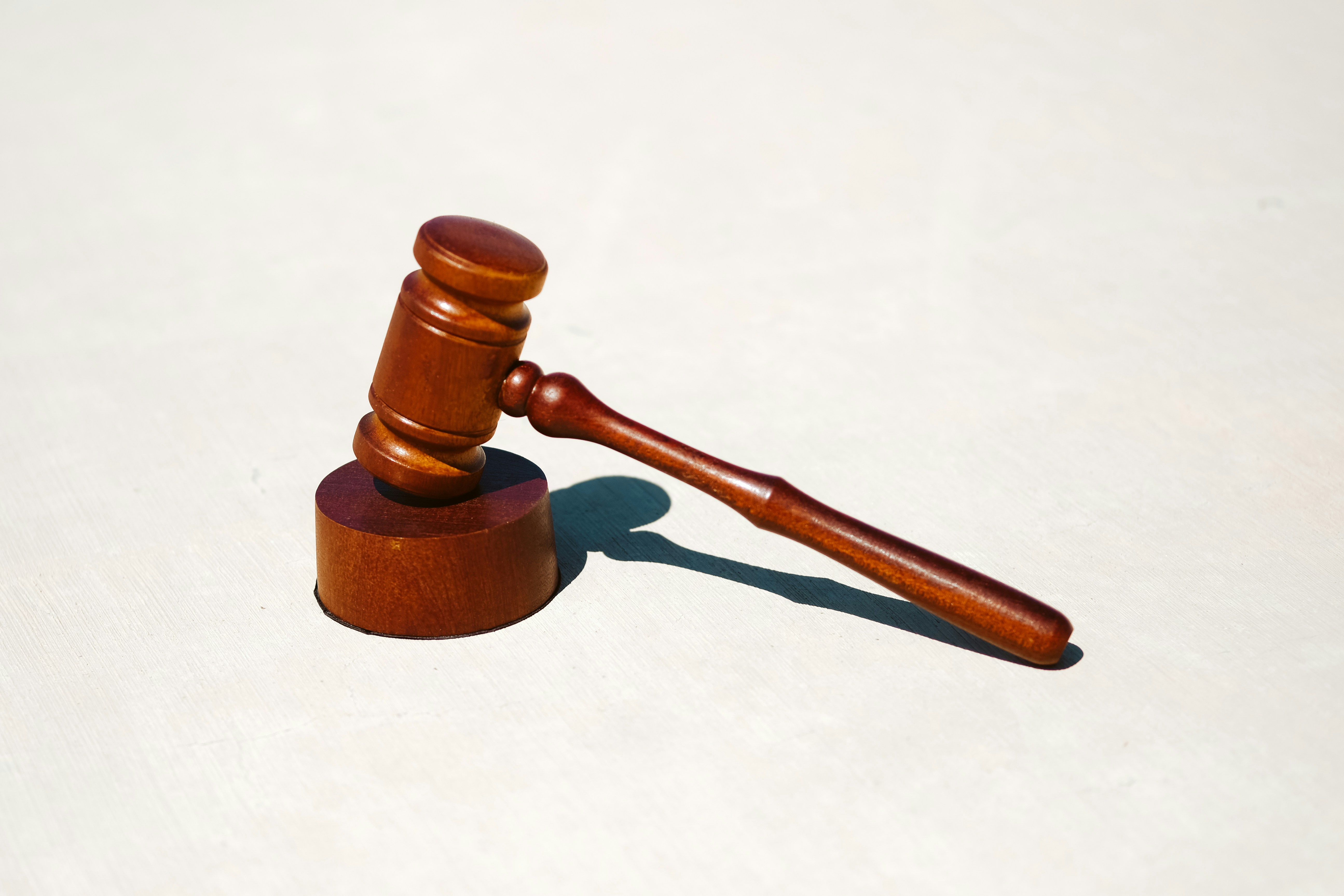Your phone rings and you instinctively cringe. It’s the sixth time today that this debt collector has called you and, at 10 p.m., you can’t bring yourself to attempt the same argument yet again. Instead, you spend a sleepless night thinking over their threats, unsure of whether they’re even legal, trying to find extra pennies in your budget, and mentally preparing to do it all over again when morning comes.
If this sounds like your experience with debt collection agencies, there’s a silver lining: federal law prohibits debt collectors from harassing or abusing consumers (the consumer, in this case, being you). By understanding your rights and what collection agencies can and can’t legally do, you can learn how to handle debt collectors and regain your peace of mind.
Debts & Collection Agencies
Many debt collectors will go to extreme lengths in their attempts to get that debt repaid. Nevertheless, there are legal limits in place to prevent that from happening. The Federal Debt Collection Practices Act (FDCPA) was enacted on September 20, 1977 with the intentions “to eliminate abusive debt collection practices by debt collectors, to insure that those debt collectors who refrain from using abusive debt collection practices are not competitively disadvantaged, and to promote consistent State action to protect consumers against debt collection abuses.” Because of this law, you and your legal team can ensure necessary action is taken to stop the harassment.

What violates the FDCPA?
Many of the negative actions attributed (albeit stereotypically) to debt collectors violate the FDCPA, including:
- Calling excessively, or outside the hours of 8 a.m. and 9 p.m. (per the consumer’s local time)
- Continuing to contact the consumer when the collector knows they’re represented by an attorney
- Ignoring the consumer’s request to cease contact
- Use of obscenities or threats
- Misrepresenting or deceiving the consumer, including falsely claiming a position of authority
- Failure to validate or otherwise verify the debt

Next Steps
If you’re dealing with harassment or another violation of the FDCPA, there are some steps you can take.
Make sure your “four walls” are taken care of.
Your most important expenses must be taken care of, even if a creditor insists theirs should be your top priority. Dave Ramsey refers to these expenses as the “four walls:” food, utilities, shelter, and transportation. Once these must-haves are under control, you can put together a game plan to deal with debt collectors.
Keep track of the mistreatment.
As much as possible, ensure that you’re keeping track of what you’re contending with. For example, take note of the times you’re receiving calls and how often. Save any written communication, like emails or letters—note that contacting you about your debt via postcard or using an envelope that indicates the mail is coming from a debt collector (beyond the company’s mailing address) is a violation of the FDCPA itself—and share this information with your lawyer.
Instruct them to stop contacting you.
Per the FDCPA, if you tell the debt collector to stop contacting you, they need to do so—though they can take further legal action as applicable to collect the debt. If you and your lawyer believe this is the best choice, you or they can send a formal cease communications letter to the collection agency.
Contact a legal professional.
For the best possible results, you want an experienced legal team on your side. Work with a highly-rated attorney like those at Your Legal Rights Advocates, particularly one with a focus on debt collection and harassment. Your lawyer has the expertise and understanding of the FDCPA and other laws to stand up for your rights as a consumer and stop the harassment once and for all.

If you’re dealing with debt collectors who are harassing you or otherwise violating the FDCPA, you’re not alone—and the situation is not as hopeless as it may feel. With your legal team at your side, you can deal get the phone calls to stop and get your life back from your creditors’ grasp.
